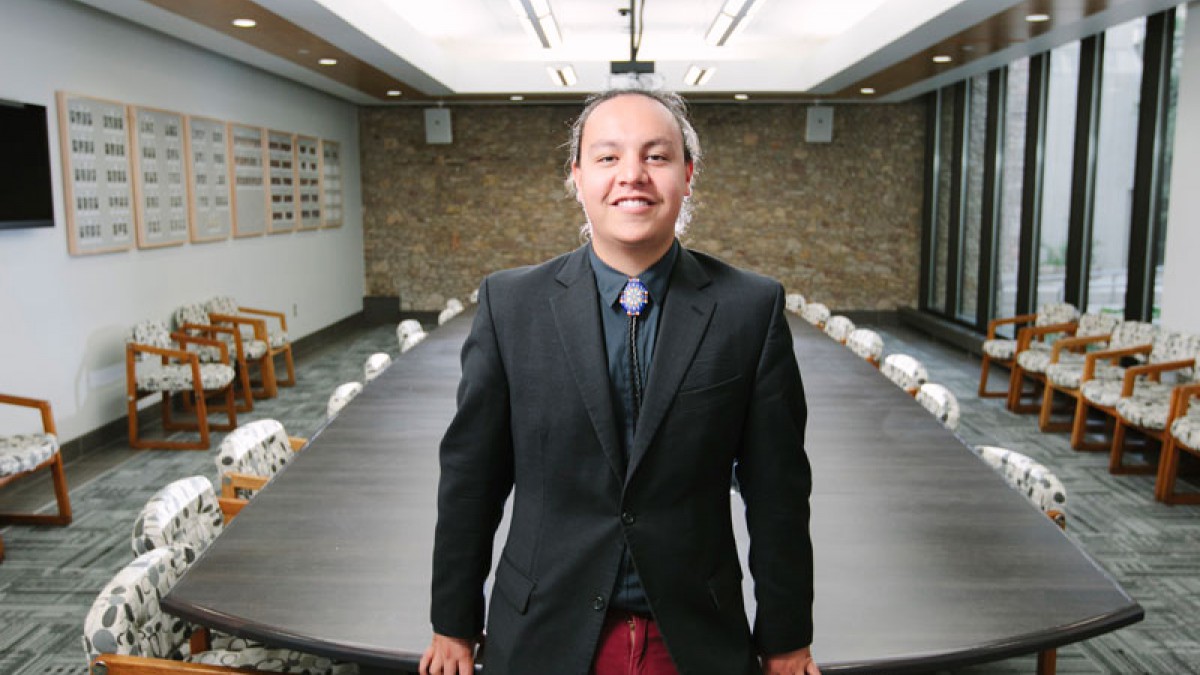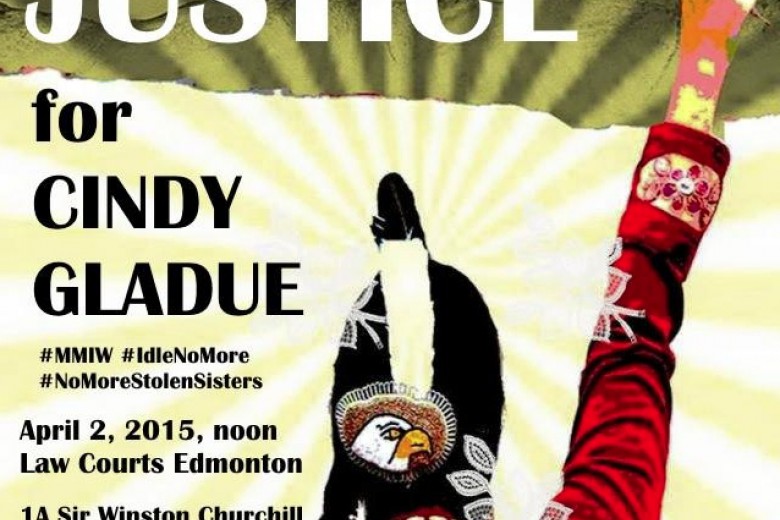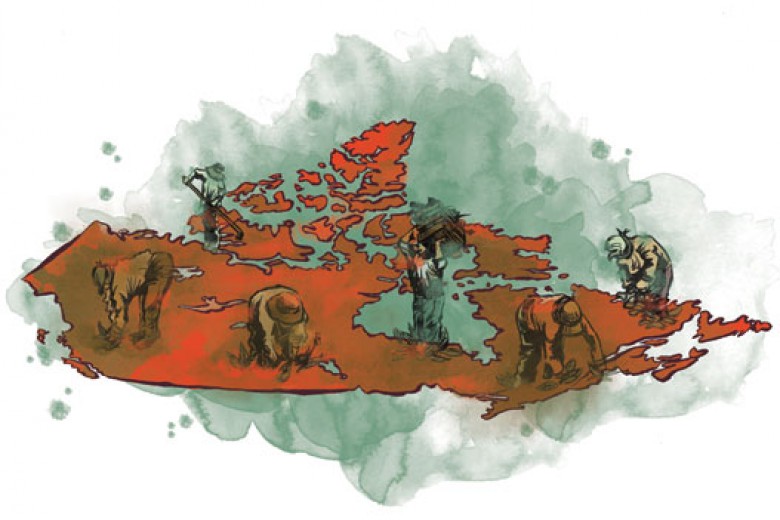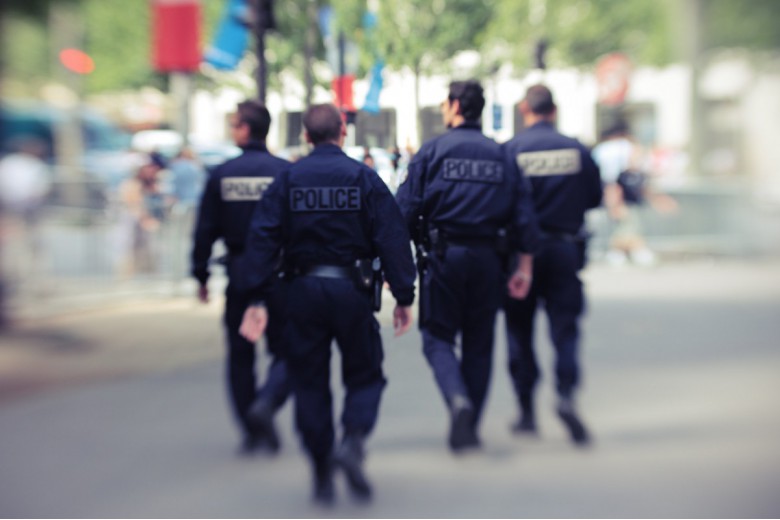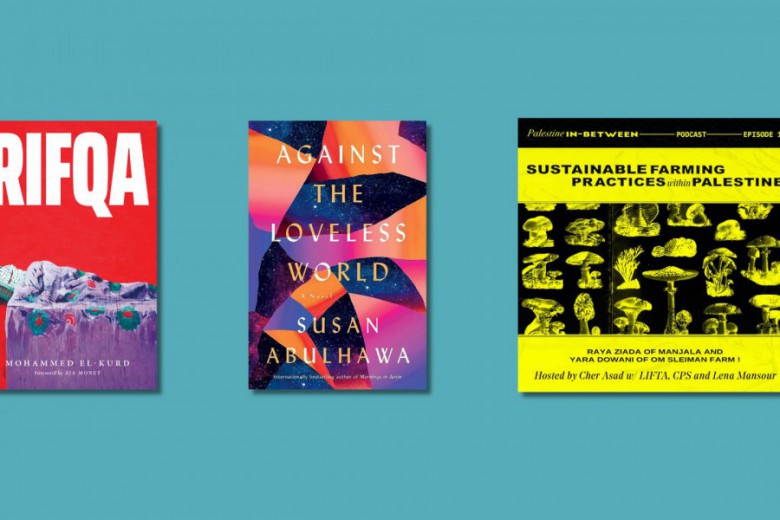Last week Canadians were served a rude reminder. Maclean’s magazine named Winnipeg, home of the Metis resistance leader Louis Riel, Canada’s “most racist city.” While many media personalities, pundits, and politicians were shocked and offended by the title, Native people simply nodded their heads upon hearing the news and returned to their day.
I was born and raised in Saskatoon, the city famous for its starlight tours, to a nêhiyaw father and Norwegian mother. I went to schools that were predominantly non-Native and became accustomed to being the only nêhiyaw in the room. I also grew up with family who were deeply rooted in our culture, language, ceremonies, and worldviews.
Being so deeply immersed in both Native and non-Native communities I knew from a young age that these two worlds did not fit together. I remember some of my friends telling me that their parents didn’t want me over at their home for fear I might come back and rob it later. This prejudice was normal growing up nêhiyaw in Saskatoon. I don’t bring these issues up because they defined my childhood – they didn’t – and they certainly don’t define me today. But these are the types of stories that you will hear from Native people, if you take the time to listen.
If you asked a Native person, whether in Vancouver, Saskatoon, Caledonia, or Halifax, if there is a tension between Native and Canadian communities, few would hesitate to say yes. Our story, the story of Canada, is one of both mistreatment and indifference. That mistreatment and indifference have lead to Native peoples being on the negative side of almost every statistical category. No one relishes the fact that there’s still racism in our communities, but ignoring it as we like to do isn’t making anything better. Canadians’ famed politeness is our downfall, not allowing us to talk about the issue. This is the reality for all Native peoples and now, because of Maclean’s, Canada knows it.
But Maclean’s has done a disservice to Native peoples, and all people of colour in Canada, when they turned racism into a competition between cities. After awarding Winnipeg a place as the “most racist city” in Canada, other cities were made complacent about the race issues in their communities. When asked about the article, the long-time Mayor of Saskatoon, Don Atchison, said that we were “eons ahead of Winnipeg” – a statement that was quickly smacked down by local activists, researchers, and the editorial board of the StarPhoenix.
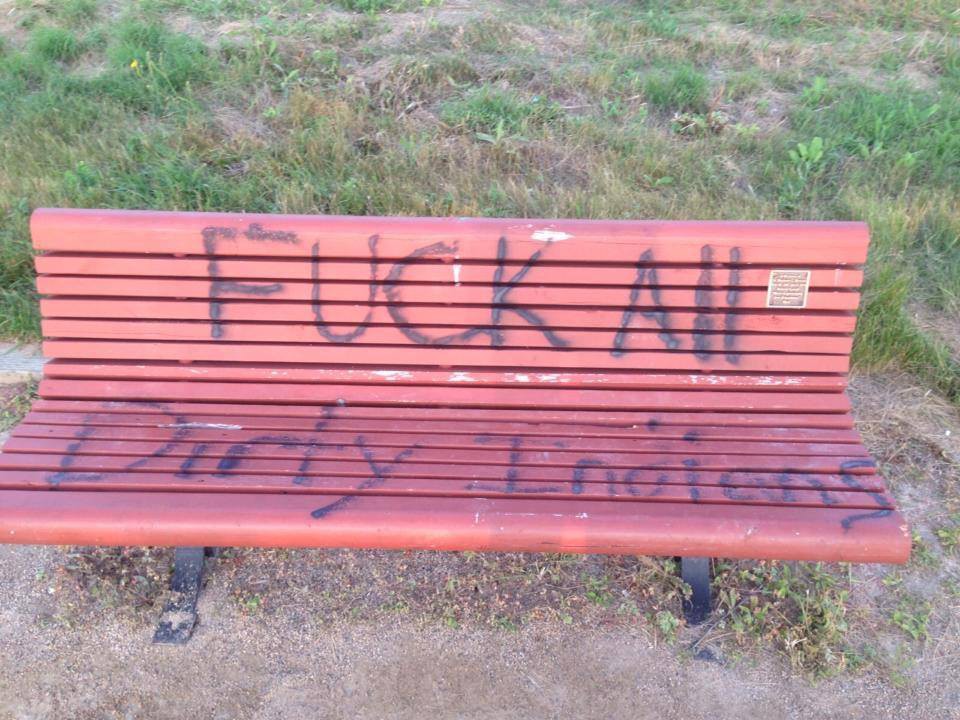
Maclean’s is right that Winnipeg has a race problem, but wrong to deflect the focus from the underlying, systemic issues that are almost always the cause of bad outcomes for Native peoples everywhere in Canada. The article reports that much of the violence we hear about is perpetrated by Native people against other Natives without further analysis into the systemic inequalities that affect Native peoples in every part of society. That’s what Canadians need to hear.
More than individual acts of prejudice or of violence, they need to hear about the systemic inequalities that they themselves never see. Individual acts of racism, violence, and intolerance are powerful, yes, but systemic racism is what maintains Canada’s ongoing settler colonialism (which depends on dispossessing Native people of their land and sovereignty).
In an article dealing almost exclusively with racism directed toward Native people, the only mention of colonialism was a quote from the national chief of the Assembly of First Nations that put colonialism in the past tense. There was only one sentence about treaties. Maclean’s understands that racism is taking place, and that it is destructive, but it has very little understanding of why.
Cities are treaty partners; schools are treaty partners; courts are treaty partners; police services and businesses are treaty partners. Yet they continue to negatively impact their Native populations. That should have been part of the story.
These two worlds, just as when I was a child, still don’t fit together. We have Native children growing up in poverty in the midst of plenty. Governments and the oppressive bureaucracy at Aboriginal Affairs know this, and that’s what makes it worse. We talk about racism, but only about individual intolerance and not systemic oppression and treaty relationships.
Winnipeg’s Mayor Bowman, the first Metis mayor of a major Canadian city, seems to be the only mayor now addressing the issue openly. Perhaps his response to the Maclean’s article can light a fire in the hearts of others and we can begin a conversation on race that is actually meaningful. If not, perhaps Maclean’s can follow up with every Canadian city and find that we are all tied for first when it comes to ignoring treaty relations.


